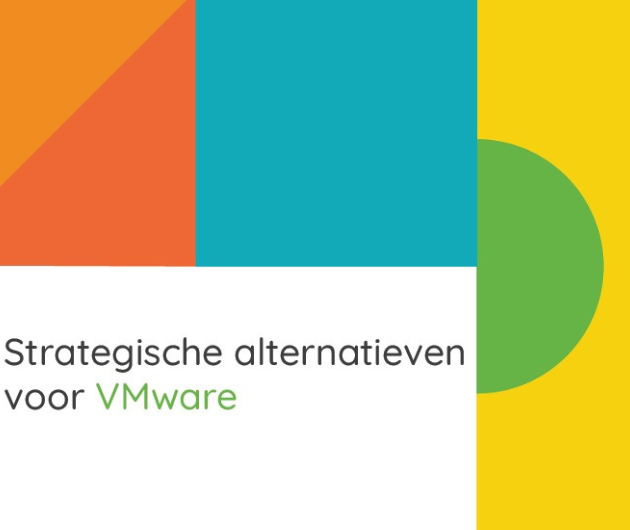While the SCO versus Linux fiasco rumbles on, there have been some interesting OSS related developments on other fronts. As is only to be expected most OSS developments focus around competition with Microsoft, although Unix specialists, SCO being a case in point and not forgetting Sun, are also having to reconsider their long term strategies.
The escalating cost of office systems, with little to show in return, has set in motion a lot of pilot studies to look into cheaper and better alternatives. Probably the biggest impact will come from Government sponsored projects, which are cost effective because their recommendations can reach a lot of local Governments as well as central Government. Studies in Germany, Brazil and the UK have been mentioned in public; others must be in a similar state. What is most intriguing at the moment is the lack of any detailed results of these studies. It is obvious that a Linux and OpenOffice combination will be much cheaper to buy than Office, but will it have enough functionality, how much will implementation cost and how much retraining is needed; TCO is more difficult to assess It will also be interesting to see what problems occur with user acceptance since they are all using Microsoft systems at home. These studies are critical to the industry as a whole and it is to be hoped that the results are freely published.
Another interesting development is the growth of OSS server products. Web and mail servers are well established, i.e. Apache, Sendmail, etc., but now major business related servers are being fully supported by equipment suppliers and software developers alike. The relational database management system, MySQL, is not only worrying Microsoft but Oracle as well.
Another niche for OSS middleware products is Web Application servers. This sector is dominated by BEA, IBM, Oracle and Microsoft, but JBoss is now getting a lot of attention, particularly for departmental systems. The announcement of OpenGroupware, a competitor to Microsoft Exchange, is bound to get a lot of attention, particularly as the next release of Exchange is similar to Lotus Notes, which implies a lot of difference with the current Exchange.
Another related development comes from a consortium of developers in Asia. This has some Government backing in Japan, China and South Korea because they are worried that Microsoft’s dominance is a National security threat (although I suspect that it is the commercial threat that is the real agenda). The consortium plans to develop its own alternative to Microsoft products. This is supposed to be for their internal markets, to avoid paying licence fees to Microsoft, but if it is successful why not sell it in other countries as well? India is an obvious target, but why not Europe? The success of this venture remains to be seen and there have been a lot of failures in similar Asian ventures in the past. But it can be very important because they can exploit some features of the Open Software products to help them.
The other OSS development of interest stems from the growth of portable devices. These need software that is small, efficient, ROMable and cheap. It must also handle the small displays and keyboards. This does not sound like Microsoft software! Nevertheless the major high volume manufacturers share the market for software between Microsoft, Palm and Symbian. But versions of Linux have been successfully used in ROM based devices for specialist terminals, process controllers, etc. and there are now signs of serious interest in OSS for mobile phones, etc.
Change happens slowly, but it is happening!< BR>
Martin Healey, pioneer development Intel-based computers en c/s-architecture. Director of a number of IT specialist companies and an Emeritus Professor of the University of Wales.








